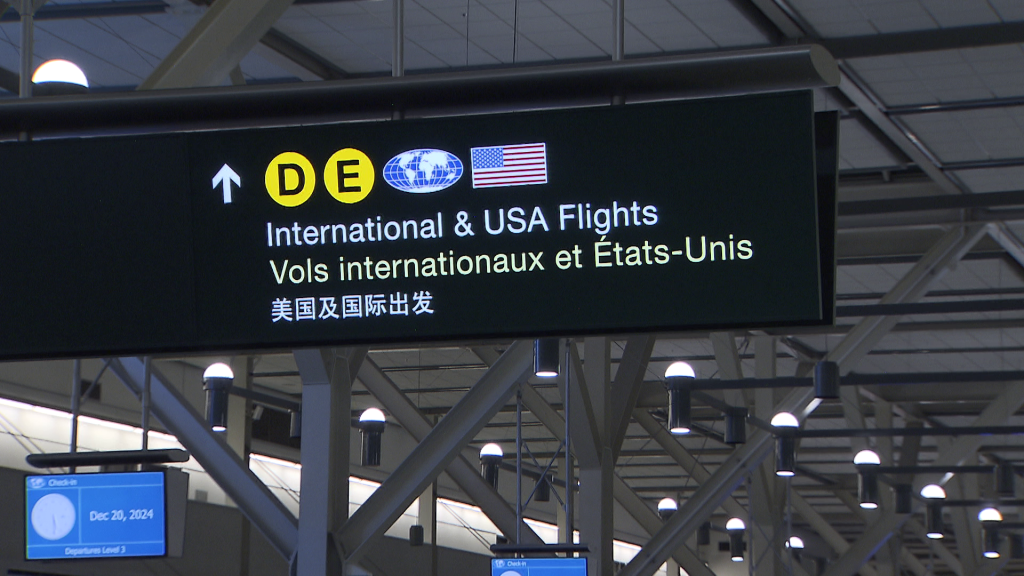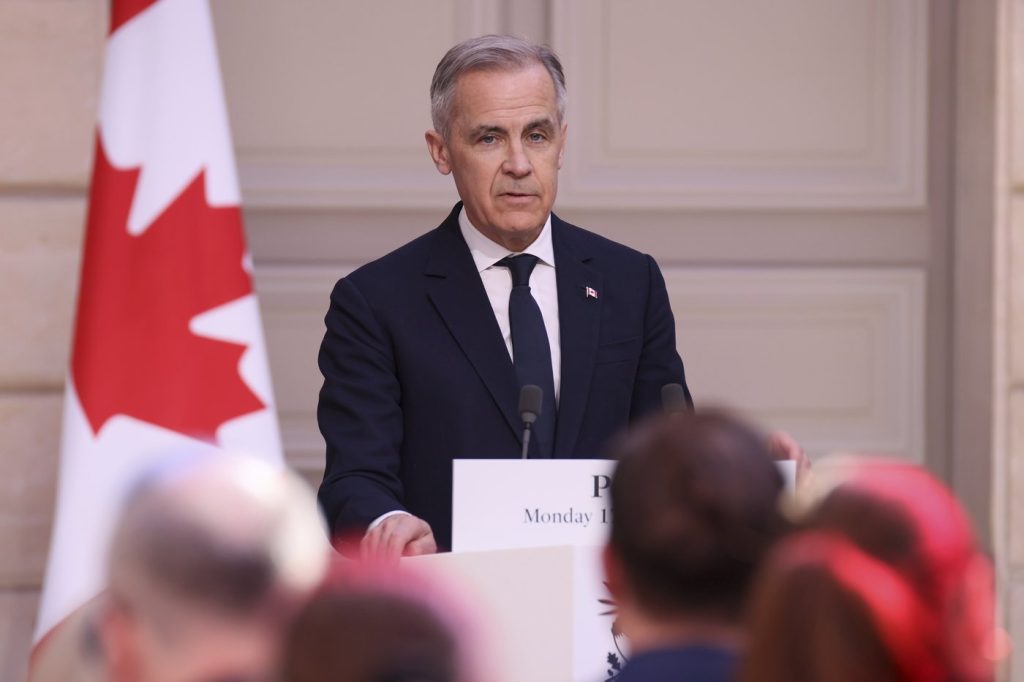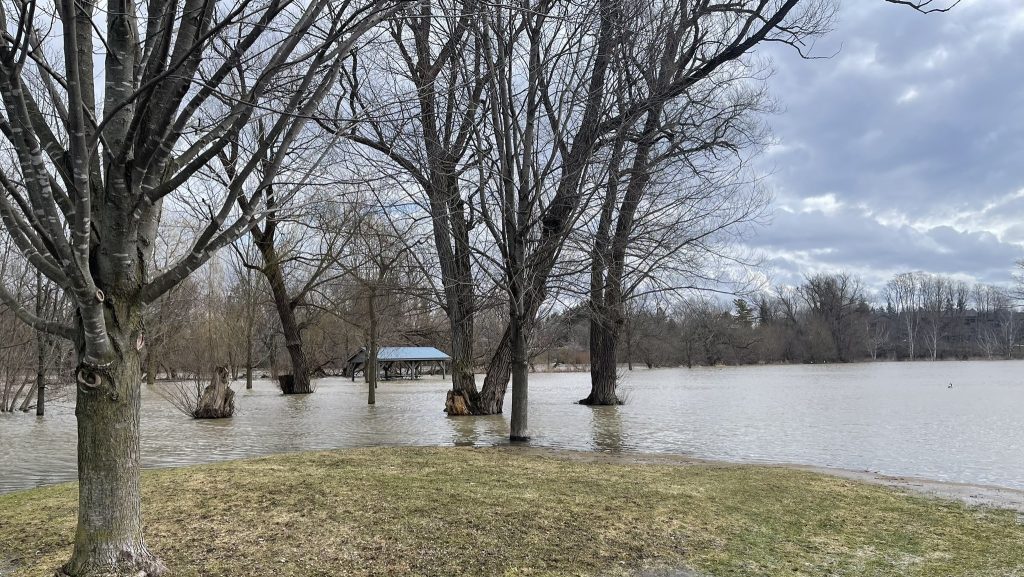Liberals, NDP reach deal to keep minority government in power till 2025 (update)
Posted Mar 22, 2022 01:03:00 PM.
Update:
The Liberals and New Democrats have reached an agreement that would see the NDP support Justin Trudeau's minority government through to 2025.
The deal is a “confidence and supply” agreement effective immediately, Trudeau said Tuesday.
This kind of agreement, a version of the deal the British Columbia NDP struck with the Greens in that province in 2017, generally involves an opposition party agreeing to support the government on confidence motions and budget or appropriation votes for a certain period of time.
During a news conference announcing the deal, the prime minister cited the global and economic instability caused by Russia's invasion of Ukraine as well as the results of last September's federal election as catalysts of the new arrangement.
The Liberals failed to win a clear majority in the election and currently hold 159 of the 338 seats in the House of Commons, while the NDP has 25 MPs.
“The message from Canadians was as clear as the mandate they gave Parliament: work together to put people and families first, deliver results and build a better future,” he said.
“What this means is that during this uncertain time, the government can function with predictability and stability, present and implement budgets and get things done for Canadians.”
Trudeau said the deal would focus on issues on which the parties agree, rather than disagree, including action on dental care, pharmacare, climate change, housing and paid sick leave.
He added that on areas where the Liberals and NDP do not agree, such as a potential increase in defence spending in response to Russia's attack on Ukraine, such situations will be managed on a case-by-case basis. He added the NDP does not have a veto.
“In the areas where there is not agreement, we will continue to do the things that the Liberal Party was elected to do,” he said. “And we'll look for support from other parties as necessary as we move forward.”
Interim Conservative leader Candice Bergen, whose party is in the midst of a leadership race, is expected to respond to the deal this morning.
If it works out, the deal will show progress on NDP policies, which the party can use as a track record on which to run in the next election, said Karl Bélanger, president of Traxxion Stratégies and former interim national director of the NDP.
Because the deal isn’t a formal coalition, the NDP will be able to continue to operate as an opposition party with its own identity, he said.
“The key battle between the Liberals and the NDP will be about who will be able to take credit for these initiatives. It has not always worked out for the NDP in the past,” Bélanger said.
The deal will also buy the NDP time to build up its war chest for the next election, and show that the party is relevant in the meantime, he said.
Original story:
Prime Minister Justin Trudeau is scheduled to speak with the media later this morning.
The Prime Minister's Office has not revealed the focus of the availability, but it follows reports the Liberals and New Democrats have reached a tentative deal to keep the Liberal minority government in power through to 2025.
The CBC and the Globe and Mail cite unnamed sources saying New Democrat members of Parliament still need to approve the deal, which would see the Liberals acting on national pharmacare and dental care, which are key priorities for the NDP.
Sources confirmed to The Canadian Press that a Liberal caucus meeting was taking place Monday night, but would not comment on the reports, which also said Trudeau held an unannounced meeting with the Liberal cabinet before meeting with the caucus.
NDP Leader Jagmeet Singh has also scheduled a news conference shortly after Trudeau.
Interim Conservative leader Candice Bergen issued a news statement Monday night in response to the media reports of the tentative deal, which she referred to as a “coalition.''
The CBC is reporting the tentative deal is what is known as a “confidence and supply'' agreement, and not a formal coalition.
This kind of agreement, which is a version of the deal the B.C. NDP struck with the Greens in that province in 2017, generally involves an opposition party agreeing to support the government on confidence motions and budget or appropriation votes for a certain period of time.








